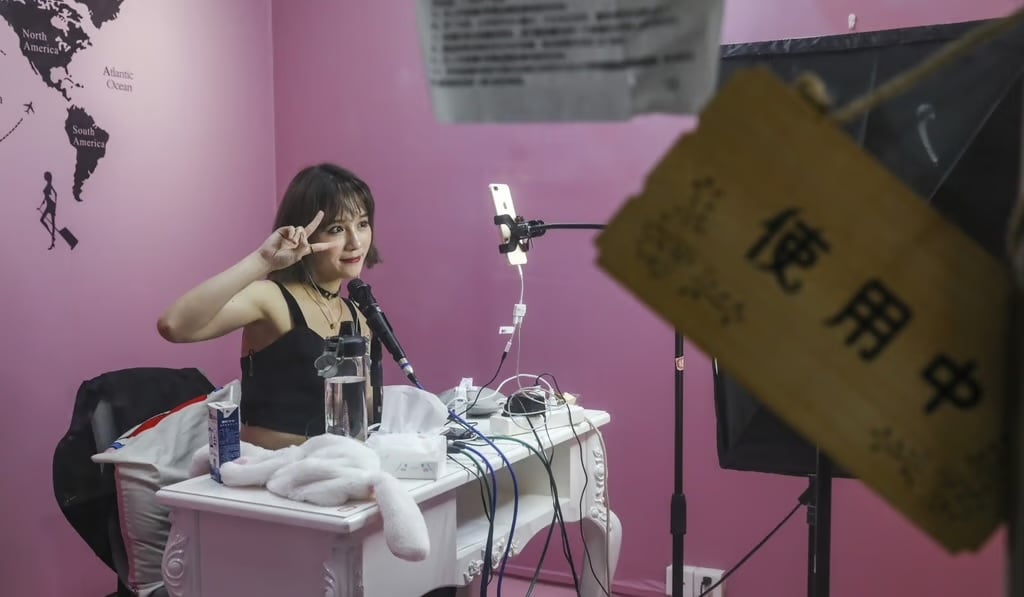Some Chinese cities in Jiangxi and Zhejiang provinces have just announced a ban on unvaccinated people entering public places.
An official notice from the government in Ninghai county in Eastern Chinese city Ningbo, located in Zhejiang province, states that, “Starting from July 25th, unvaccinated people (exemptions for medical contraindications) are not allowed to enter inpatient department in hospitals, nursing homes, schools (kindergartens, nurseries, off-campus training institutions), libraries, museums, prisons and other key locations.”
Announcements from other Chinese cities have also been circulated, all carrying a similar meaning.
The news quickly picked up steam on social media, and has become one of the most trending topics on Chinese microblogging platform Weibo. The hashtag #Multiple places announces vaccination status will affect travel# has received more than 230 million views.
Related:
 This Art Educator Put a Pandemic Spin on a Classic Chinese PaintingThe extraordinary artwork celebrates the resilience of locals during challenging timesArticle Jun 16, 2021
This Art Educator Put a Pandemic Spin on a Classic Chinese PaintingThe extraordinary artwork celebrates the resilience of locals during challenging timesArticle Jun 16, 2021
The general public sentiment in reaction to this news, however, has been negative. One of the reasons for this negative sentiment is that the rollout of vaccines has been somewhat uneven, with major cities like Shanghai and Beijing much faster to inoculate citizens, while other parts of China, like Guangdong province, have been slower to vaccinate its residents.
Other people are confused by the specific regulations surrounding these bans on unvaccinated people in public spaces in certain cities, and are worried that the regulations will be expanded to other parts of China.
“This is going too far,” wrote the top-voted comment under a related post on Weibo, which has garnered over 22,000 likes.
One user echoed this by saying “this is against the original intention of the term voluntary-based.”
Other netizens thought the approach was “one size fits all” and “confusing”, given that no details have been laid out regarding what it means for people with contraindications, that is, people with an underlying medical condition that disallows them from getting a Covid-19 vaccine.
In the face of public frustration, it remains to be seen how this policy will be executed and whether more cities will release similar notices.
Additional reporting by Siyuan Meng
Cover image via Unsplash


















